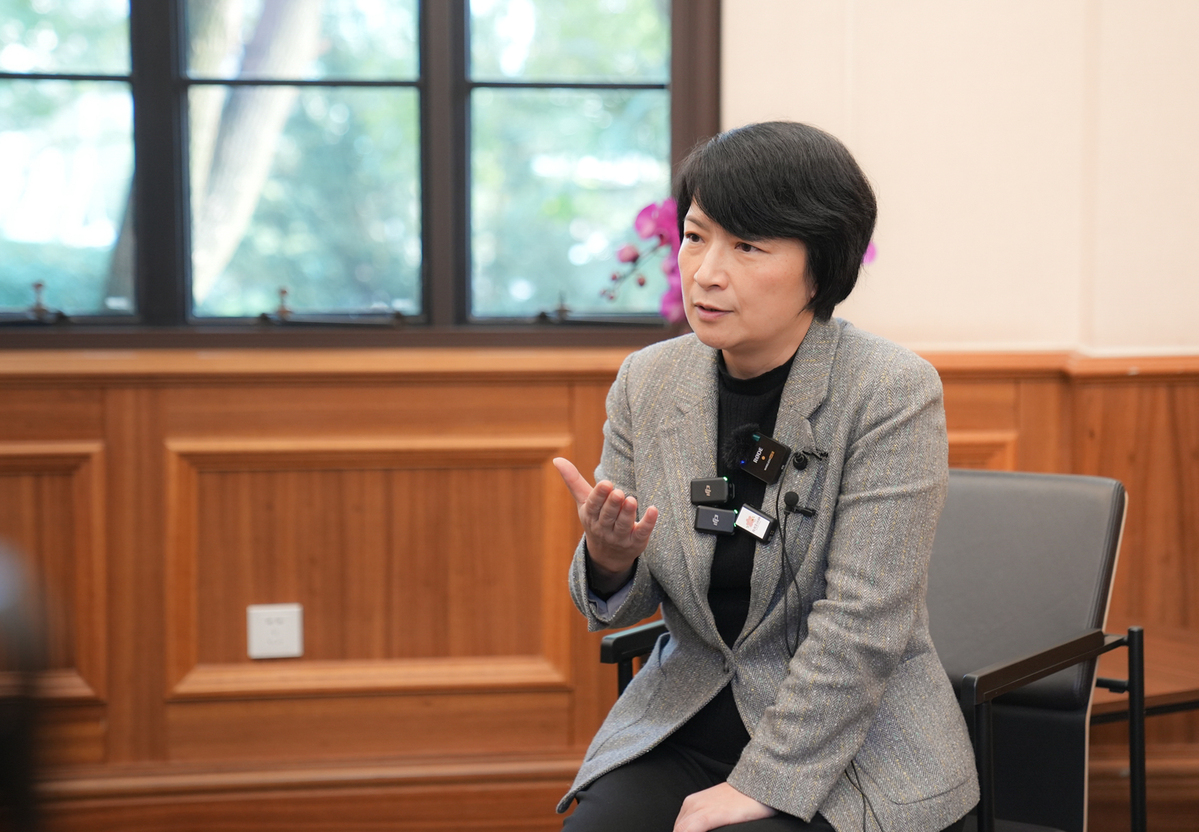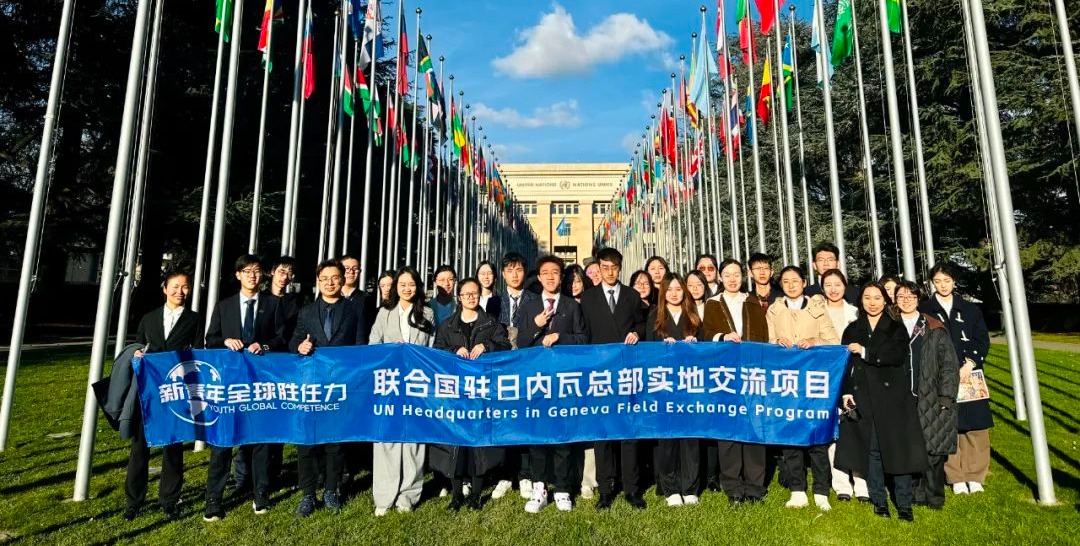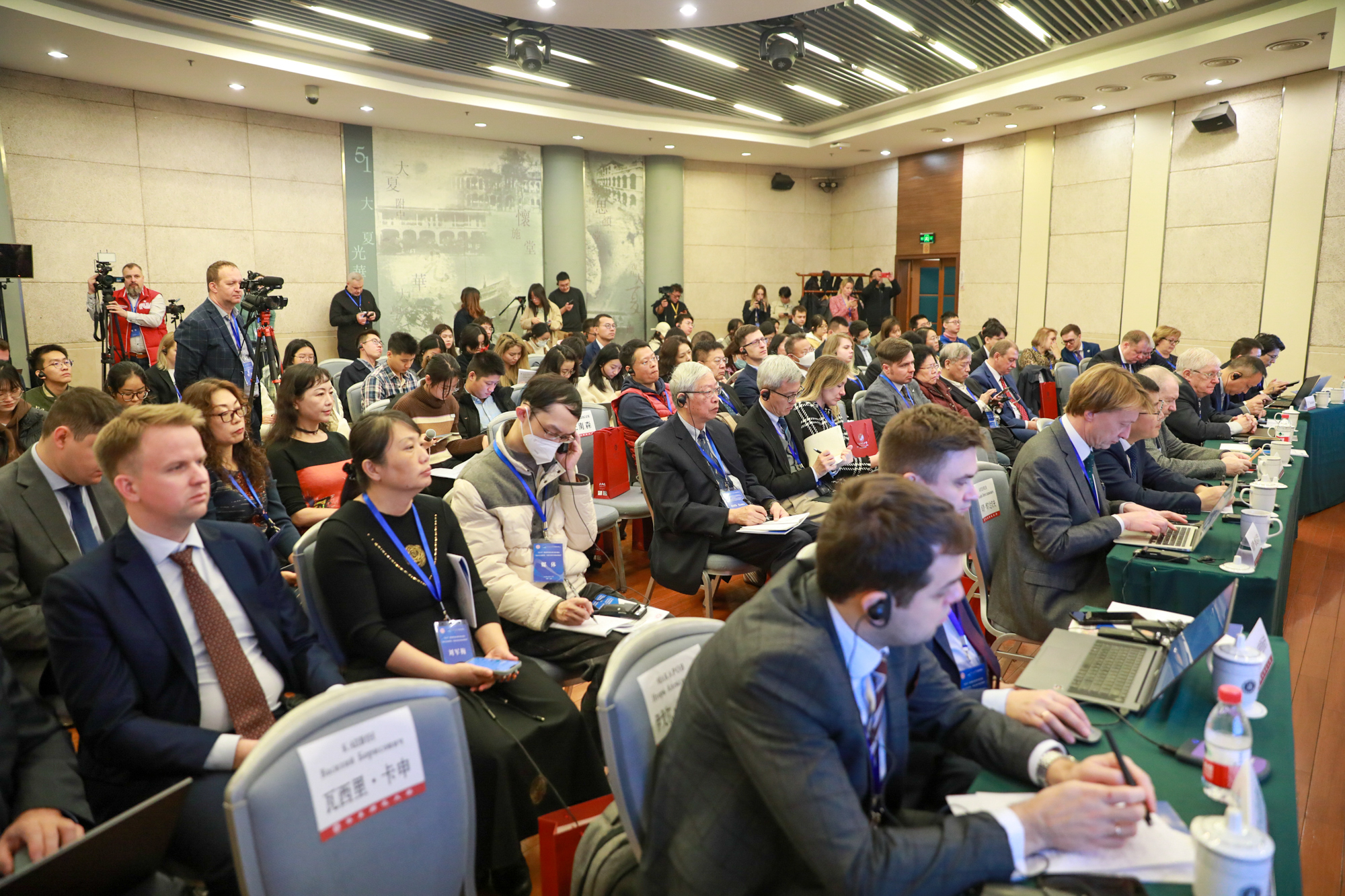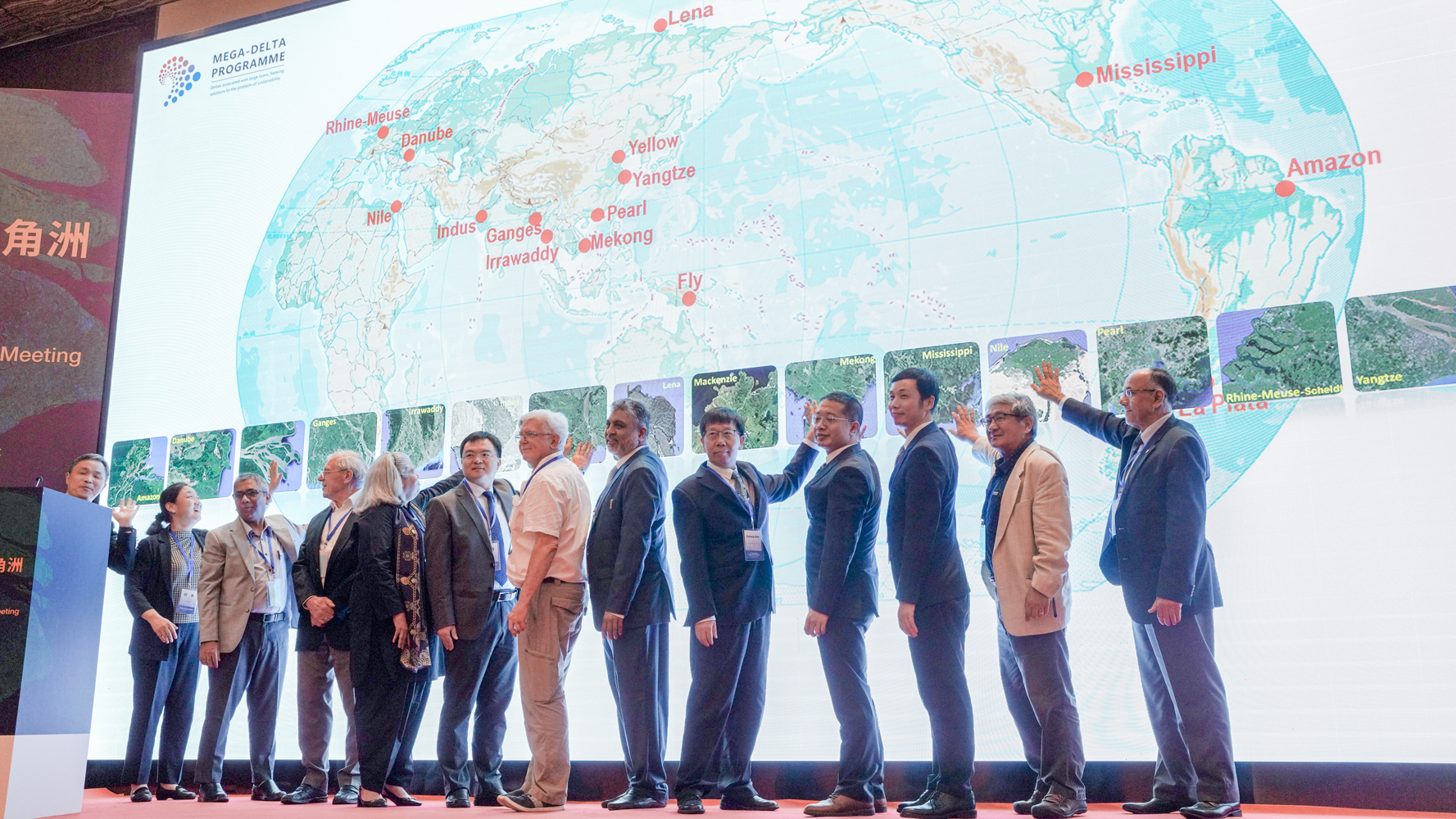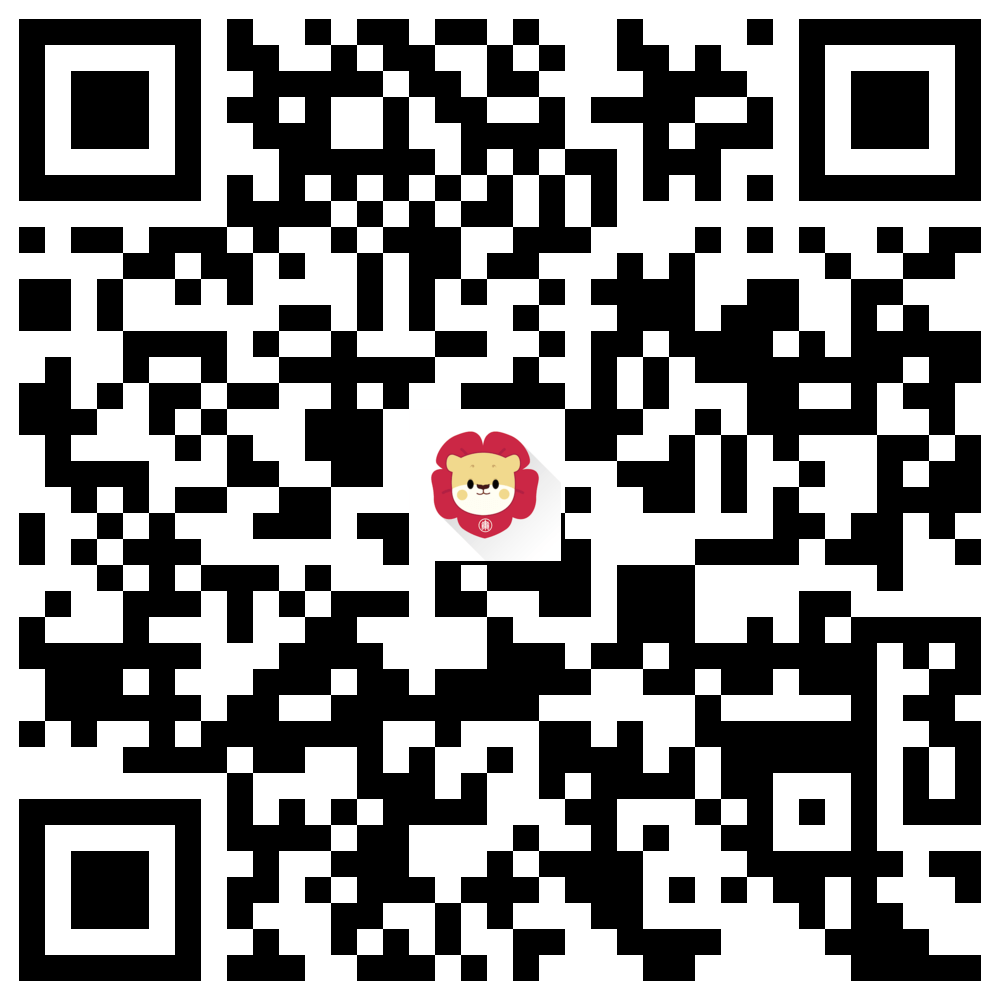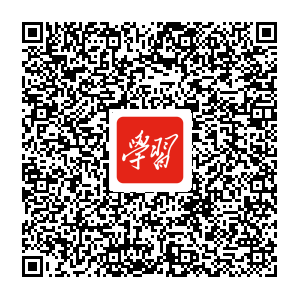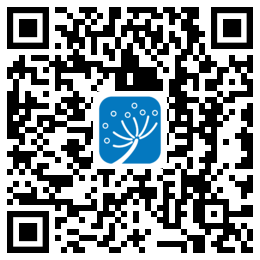# Hot Search #
Using mobile phones to “scan” instead of using a traditional manual recording machine has led to more studies on advanced electronic locks. These studies have achieved the whole-process monitoring of the containers’ logistics, embodied by the scientific innovation achievement of this electronic seal, as developed by Bao Qifan’s team at ECNU. It has consequently solved the “pain point” revealed inthe international transportation of containers.
The international standards titled “ISO/TS 7352: 2023 Freight Container—NFC or/and QR Code Seals” developed by the team have been officially released in Geneva, Switzerland. The recent findings mark significant progress for China’s communication and transportation in its international standardization work. At present, this new technology which was innovatively developed and mainly manufactured with related international standards formulated by China has been mass-produced and will soon be applied on a global scale.

Recently, Bao Qifan, Dean of the Academy of International Transport and Logistics of the Faculty of Economics and Management at ECNU, said in an interview that the safety and transparency regarding the transportation of containers has always been the focus of the industry. Along with the progress of globalization, the production, transportation and throughput of containers in China all rank first in the world. Behind these “firsts”, it is more necessary to make China’s voice heard in the field of international standard-setting, “raise China’s inventions to international standards, and increase the international influence of China’s scientific and technological achievements, thus contributing China’s wisdom to the world”.

The electronic seal helps users to master the real-time dynamics of logistics and provides customers with the whole process monitoring of container logistics
Digitization helps achieve leapfrog development of the industry
Bao Qifan introduced the transportation of containers and how it is extremely busy in the current economic situation of globalization. However, the traditional mechanical seal, as an important lever of container logistics, is characterized by two demerits. Firstly, containers can be illegally opened or changed, resulting in frequent smuggling, cargo theft and other problems in the logistics process.Secondly, the information must be manually recorded after each installation of the mechanical seal due to lack of automatic identification function, which is inefficient and prone to transcription errors.
In order to solve this “pain point” in 2012, ECNU gave full play to its advantages in multi-disciplinary joint research and the combination of industry-university-research-application, and then organized a scientific research team together with China Waterborne Transport Research Institute, Sinotrans, and SIPG, etc. Based on the demands for modern logistics featuring real-time, visualization, traceability and big data fusion, the team has invented a series of products such as the integrated space-air container monitoring terminal and the container electronic seal/lock based on Beidou/low-altitude satellites. This technology has promoted the development of container-oriented IoT. Related achievements have won the First Prize of Shanghai Science and Technology Progress Award and the First Prize of China Navigation Science and Technology Progress Award.

Bao Qifan
At present, this new technology has been put into industrial applications. Container NFC and QR code seal have been applied to China’s inspection and quarantine, ports, transportation of domestic containers, dangerous goods, petrochemical, energy, food and daily chemicals, logistics and express delivery etc. Zhao Chunji, General Manager of Sinotrans Container Transport Co., Ltd., said that the company has participated in the research of NFC electronic sealing since 2017, and this technology has been widely used on routes between China and Japan, China and South Korea, and Southeast Asia since 2019. He further stressed that practice has proved that the electronic seal can help users to control logistics trends in real time and provide customers with the whole-process monitoring of container logistics. What is even more gratifying is that at present, the container NFC and QR code seal have been mass-produced and rapidly applied worldwide. In this sense, digital means have promoted the leap-forward development of the industry.
Never give up: China’s scientific and technological achievements adopted as international standards
At present, China’s container seal production accounts for about 70% of the world’s total output. Bao Qifan said that in order to share the achievements of China’s scientific and technological innovation in the worldwide area, the team considers the electronic seal as the breakthrough in the development of new international standards. After two failed votes, the team rallied repeatedly. In addition to constantly improving the proposal, the team also strengthened the communication and cooperation with experts from various countries, and finally in June 2021, China’s third new project proposal was ultimately voted through to completion.
Li Qing, Deputy Dean of the China Waterborne Transport Research Institute, said that this would mark a significant progress for China’s communication and transportation in its international standardization work. The process of preparing for international standards is long and arduous. Bao Qifan’s international standardization innovation team has devoted a lot and more such teams are expected.
At present, China’s container sealing enterprises have started the mass production of NFC seals and QR code seals. Statistics shows that nearly 6 million new seals have been sold to the United States, Canada, Bangladesh, UAE, India, Brazil and other countries and regions, with orders increasing year by year. With the official release of related international standards, it will also promote the transformation of China’s seal production technology and help seize the new international market.
Source: Wen Wei Po
Copy editor: Melody Zhang, Mayfield Joshua Monroe
Editor: Yvaine Lyu
